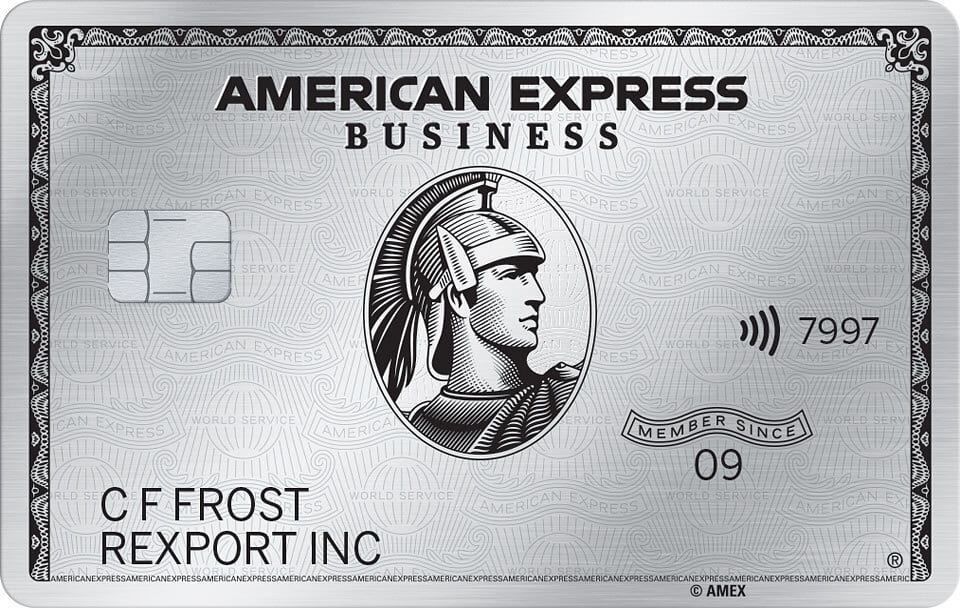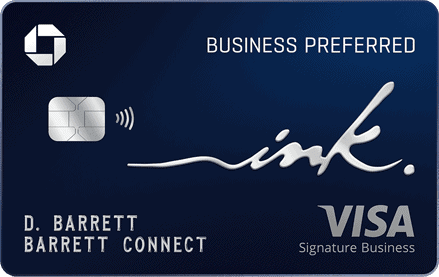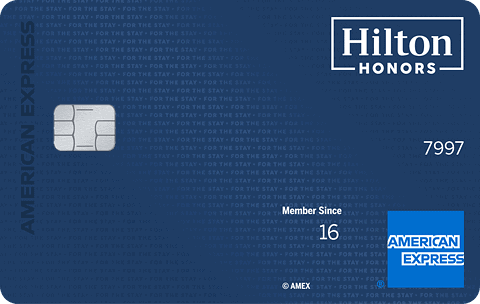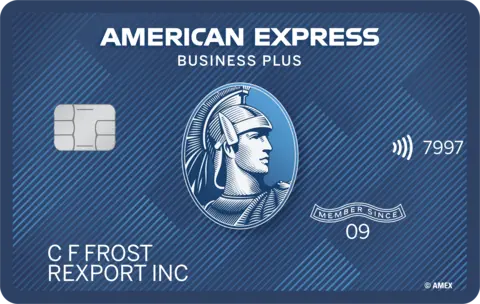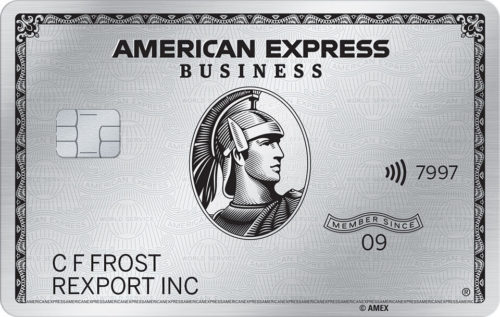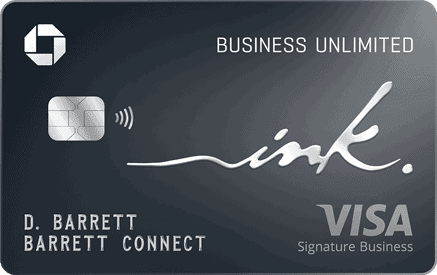
10xTravel is part of an affiliate sales network and receives compensation for sending traffic to partner sites, such as CreditCards.com. This compensation may impact how and where links appear on this site. This site does not include all financial companies or all available financial offers. Terms apply to American Express benefits and offers. Enrollment may be required for select American Express benefits and offers. Visit americanexpress.com to learn more. All values of Membership Rewards are assigned based on the assumption, experience and opinions of the 10xTravel team and represent an estimate and not an actual value of points. Estimated value is not a fixed value and may not be the typical value enjoyed by card members.
Note: Some of the offers mentioned below may have changed or may no longer be available. The content on this page is accurate as of the posting date; however, some of our partner offers may have expired. You can view current offers here.
All information about Chase Freedom Flex® has been collected independently by 10x Travel. Chase Freedom Flex® is no longer available through 10xtravel.com.
If you have a high school senior or a college student in your family, you know all about the pain of paying for college. However, to make it a little easier to stomach, there are ways to turn these huge expenses into points and miles.
Let’s look at a few ways to optimize all the college-related expenses, including paying tuition with a credit card and how you can be earning points for rent, groceries, textbooks and other expenses.
Pay College Tuition with a Credit Card
Tuition is probably your largest college expense, and this is a great opportunity to accumulate a huge pile of points and miles if you can use a credit card to pay tuition.
First, check if your college charges a fee for credit card payments. A lot of schools don’t have any fees, but some charge a credit card processing fee of 2.5% to 3%. While some might balk at the fee, there are a few instances where paying the fee might make sense.
A lot of schools don’t have any fees, but some charge a credit card processing fee of 2.5% to 3%. . . there are a few instances where paying the fee might make sense.
Get a New Card with a Large Minimum Spending Requirement
Some of the best credit card offers often have high minimum spending requirements. If you don’t spend a lot on a monthly basis, then spending $15,000 in three months can present a challenge. But if a large tuition bill is on the horizon, this is an excellent opportunity to go after these cards.
Focusing on transferable points, such as Chase Ultimate Rewards or American Express Membership Rewards, will lead to better yields because the points are so versatile and can be used to get some of the best travel experiences.
Let’s look at a couple of examples.
If you are a small business owner, consider opening The Business Platinum Card® from American Express. The welcome bonus varies and tends to be quite high, along with the minimum spend requirement. Having a large tuition bill to pay is a great time to take advantage of this generous offer.
The Business Platinum Card® from American Express
150,000
Membership Rewards® Points
after you spend $20,000 in eligible purchases on the Card within the first 3 months of Card Membership.
Annual Fee:
$695
The Amex Business Platinum Card earns 1.5X points on all purchases over $5,000 and on purchases at select retailers on the first two million dollars spent per year. This is another opportunity to supercharge your earnings. Membership Rewards points are extremely valuable, and you can do many fun things with this big warchest of points.
The Ink Business Preferred® Credit Card is another business card with a good bonus along with a higher minimum spend requirement. This is another great option for a large tuition bill. If you aren’t sure what you can do with the bonus points points, we have a few ideas on how to put these valuable points to great use.
Chase Ink Business Preferred® Credit Card
90,000
bonus points
after you spend $8,000 on purchases in the first 3 months after account opening.
Annual Fee: $95
The Capital One Venture X Rewards Card is another card where paying a tuition bill will help you stay on budget and earn a good stash of points at the same time. Venture miles transfer to Capital One’s travel partners or can be used to “erase” travel purchases. You can do a lot of fun things with a huge pile of Capital One miles.
Earn Spending Bonuses
From time to time, you’ll see temporary spending bonuses. American Express is one of the card issuers that offer these bonuses quite often. For example, the offer could say, “Spend $5,000 in three months and earn an extra 10,000 points.” If you aren’t working on meeting the minimum spending requirements on a new card, this is a great opportunity to bump up your points balance.
Earn Free Nights or Award Milestones and Status
Many cards offer the opportunity to earn free hotel nights when you reach a certain spending threshold.
For example, you can earn a free night at Category 1-4 hotels when you spend $15,000 in a cardmember year with the World of Hyatt Credit Card. You can also earn two additional qualifying night credits toward the next tier status every time you spend $5,000 on your card. This could be useful if you are working toward higher Hyatt hotel status.
The Hilton Honors American Express Surpass® Card comes with a free night award after you spend $15,000 or more during a calendar year. The free night certificates are uncapped, which means you can redeem them at some of the most expensive properties in the world.
Hilton Honors American Express Surpass® Card
130,000
Hilton Honors Bonus Points
after you spend $3,000 in purchases on the Hilton Honors American Express Surpass® Card in your first 6 months of Card Membership. Offer Ends 8/13/2025.
Annual Fee:
$0 introductory annual fee for the first year, then $150
Gift of College
The Gift of College gift cards allow you to apply the value of the cards toward a 529 college savings plan or a student loan payment. Before buying the Gift of College gift cards, make sure your 529 plan or student loan is supported. You can do so on the Gift of College website after you create an account.
This is a great way to turn college costs into travel rewards. You can buy these gift cards online or in stores. Unfortunately, physical cards aren’t sold everywhere in the United States, so check if they are available in your area. Because there’s an activation fee, buying the larger denominations would be the most cost-effective as the activation fee is the same across all cards.
The best way to maximize the purchase of the Gift of College gift cards is by buying them at gas stations or grocery stores that earn fuel rewards and use a card that earns a rewards multiplier at grocery stores and gas stations. Also, keep an eye out for 2X to 4X fuel rewards promotions. The fuel rewards you earn will translate to huge savings at the pump.
And while we are talking about the fuel rewards, it’s never too early to teach your student how to use the fuel reward programs to get free or discounted gas.
You can earn free hotel nights when you reach a certain spending threshold. There's a number of hotel and airline cards that offer these perks for higher spenders.
Pay Tuition Upfront, Then Reimburse Yourself from a 529 Plan
529 plans are a great vehicle for saving for college. Some 529 plans can even be funded with the Gift of College cards purchased with a credit card.
One of the ways of getting the money you saved in a 529 plan is to pay the college directly and then reimburse yourself. Make sure the expenses you are reimbursing yourself for are eligible expenses according to the rules of your 529 plan.
It’s important to keep meticulous records and know the plan’s requirements. Check with your plan administrator about funding and withdrawal options.
Are the Credit Card Fees Worth It?
So if your college charges a fee, is it worth it? Nobody can answer with 100% certainty, but consider the following when you are making your decision:
Can you meet the large minimum spending requirements on the cards with a hefty welcome bonus by other means? Is the welcome bonus worth more than the fee?
Consider the following scenario.
The school charges a 2.5% fee, and you just got the Business Platinum Card® from American Express and need to spend $15,000 to earn the bonus. The welcome offer outsizes the $375 fee you’ll be charged if you were to pay a $15,000 tuition bill. In this scenario, you’ll also earn 1.5X on $15,000, so you’ll end up with 142,000 points worth at least $1,420.
If you don’t want to get a card with a big minimum spending requirement, consider paying tuition with a card that earns bonus points on all purchases. Two excellent no-annual fee cards that earn 2X on all purchases are The Blue Business® Plus Credit Card from American Express and the Citi® Double Cash Card (earns 1% when you buy and 1% when you pay for those purchases).
The Blue Business® Plus Credit Card from American Express
15,000
Membership Rewards®
after you spend $3,000 in eligible purchases on the Card within your first 3 months of Card Membership
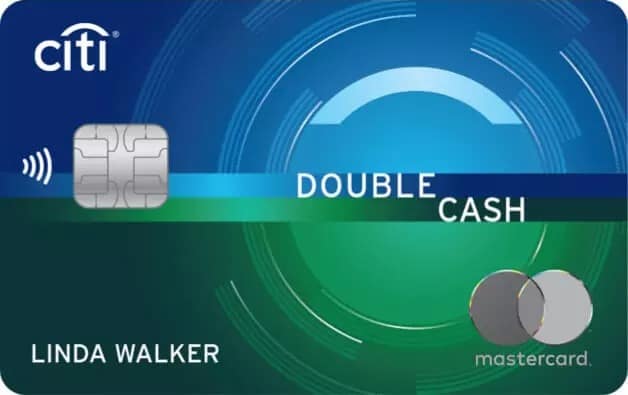
Citi Double Cash® Card
$200
cash back
after you spend $1,500 on purchases in the first 6 months of account opening. This bonus offer will be fulfilled as 20,000 ThankYou® Points, which can be redeemed for $200 cash back.
Buy College Textbooks and Other Necessary Items
College textbooks can be expensive. And what if you need to buy all the stuff that your student needs in their new dorm room or apartment? These inevitable expenses can go toward meeting a minimum spend on a newly opened card.
Don’t forget to check the shopping portals and cash back sites like Top CashBack before you make any purchases.
Maximize Food and Gas Purchases
It’s never too early to teach your student about how they can maximize rewards on their everyday purchases. Send them to college with a card that earns a bonus on groceries, restaurants and gas.
The Citi Premier® Card is an excellent everyday card because it earns 3X ThankYou Points at supermarkets, restaurants and gas stations.
The American Express® Gold Card earns 4X at U.S. supermarkets on up to $25,000 per calendar year (then 1X thereafter) and 4X at restaurants on up to $50,000 per calendar year (then 1X thereafter).
The Chase Freedom Unlimited® earns 3% cash back on dining at restaurants, including takeout and eligible delivery services, and 1.5% back on all other purchases.
The Chase Freedom Flex® also earns 3% cash back on dining at restaurants, including takeout and eligible delivery services, 5% back on purchases in rotating bonus categories and 1% on everything else.
If your student isn’t staying in the dorm where all the meals are provided, they’ll probably spend quite a bit in these categories.
You may be eligible for as high as 100,000
Membership Rewards® Points
after you spend $6,000 in eligible purchases on your new Card in your first 6 months of Card Membership. Welcome offers vary and you may not be eligible for an offer. Apply to know if you’re approved and find out your exact welcome offer amount – all with no credit score impact. If you’re approved and choose to accept the Card, your score may be impacted.
Annual Fee:
$325
$200
Bonus
after you spend $500 on purchases in your first 3 months from account opening

Chase Freedom Flex®
$200
Bonus
after you spend $500 on purchases in your first 3 months from account opening
Living Expenses
Paying for everyday living expenses is another opportunity to accumulate a good stash of points and miles. You can use a credit card to pay utilities, streaming services and other recurring monthly expenses.
Use a card that earns a multiplier to pay these bills, and you’ll see your rewards balances grow fast. A card like a Citi Double Cash Card that earns 2% cash back (1% when you buy and 1% when you pay for those purchases).
The Chase Ink Business Cash® credit card earns 5% cash back on internet, cable and phone services—all ongoing expenses for many of us.
And before they leave the nest, add the cards you want them to use for everyday expenses to a mobile wallet to use when they don’t have a physical card.
Rent
Rent is often the largest expense, and it could be challenging to find ways to pay rent without incurring high fees. One option is to use a third-party bill payment service, such as Plastiq. You’ll have to do the math if the fees are worth more than the points and miles earned. It might make sense to use this payment method if you are working on a new welcome bonus with high minimum spending requirements. Some landlords and apartments may take cards directly, but expect there to be fees associated with paying with a card.
The new entrant in the world of credit cards, the Bilt Mastercard®, allows fee-free rent payments to participating landlords. The card earns flexible points that can be transferred to a number of valuable travel partners, such as World of Hyatt.

Study Abroad and College Breaks
If your student wants to study abroad, it presents a great opportunity to both earn rewards and teach them how to use points and miles for travel.
First, give your student a card that earns bonus points in the travel category, such as the Chase Sapphire Preferred® Card, which earns 2X on all travel purchases. Chase has a pretty broad definition of travel that includes a lot more purchases compared to other cards.
Don’t forget about the foreign transaction fees and make sure your student has a card that doesn’t charge those pesky fees.
Some of the best credit cards earn bonus rewards in the U.S. only. For example, the American Express® Gold Card earns 4X at U.S. supermarkets only. However, the Citi Premier® Card earns 3X at supermarkets worldwide. Research the bonus categories to make sure they earn extra points abroad too.
And finally, it’s never too early to start learning about points and miles. Start teaching your student not only about the earning aspect but also about the best ways to redeem points and miles for travel. With all the miles earned by paying the tuition bills, they might be able to book a free trip on their own.
Should Your College Student Get Their Own Card?
Should you send your student to college with their own credit card or should they be an authorized user on your cards? There are pros and cons to each, and the two approaches aren’t mutually exclusive.
On the one hand, opening a card in their name is good for building credit history. The student needs to be responsible enough to not abuse credit and have some understanding of financial literacy. Adding a young person as an authorized user on your older cards will give them the benefits of your longer credit history.
Some of the best starter cards include Discover it® Credit Card or one of the Chase Freedom cards. The Chase Freedom Unlimited® card earns 1.5% cash back on all purchases, so you don’t need to worry about rotating categories and using the right card for the right purchase.
If you decide to add your student to your cards as an authorized user, that’s an opportunity to earn more points while helping them establish their credit history while still remaining in charge of their spending.
Don’t forget to take advantage of the bonus points you can earn for adding an authorized user with some issuers, such as American Express.
Final Thoughts
Tuition keeps growing every year, but if you look at the large bill as an opportunity to grow your points and miles balances, it might be easier to swallow. Think creatively about all the expenses your student will incur during their college years and how you can make the most of them by using the right credit cards.
Teaching financial literacy and the importance of using credit responsibly is one of the most valuable lessons young people can learn during their college years. And if they learn how to earn free travel in the process, they’ll turn out to be responsible credit card users for life.
New to the world of points and miles? The Chase Sapphire Preferred® Card is the best card to start with.
With a bonus of 75,000 bonus points after you spend $5,000 on purchases in the first 3 months from account opening. , 5x points on travel booked through the Chase Travel Portal and 3x points on restaurants, streaming services, and online groceries (excluding Target, Walmart, and wholesale clubs), this card truly cannot be beat for getting started!
after you spend $500 on purchases in your first 3 months from account opening
after you spend $500 on purchases in your first 3 months from account opening
after you spend $6,000 in eligible purchases on your new Card in your first 6 months of Card Membership. Welcome offers vary and you may not be eligible for an offer. Apply to know if you’re approved and find out your exact welcome offer amount – all with no credit score impact. If you’re approved and choose to accept the Card, your score may be impacted.
after you spend $20,000 in eligible purchases on the Card within the first 3 months of Card Membership.
after you spend $3,000 in eligible purchases on the Card within your first 3 months of Card Membership
after you spend $1,500 on purchases in the first 6 months of account opening. This bonus offer will be fulfilled as 20,000 ThankYou® Points, which can be redeemed for $200 cash back.
Editors Note: Opinions expressed here are author’s alone, not those of any bank, credit card issuer, hotel, airline, or other entity. This content has not been reviewed, approved or otherwise endorsed by any of the entities included within the post.



